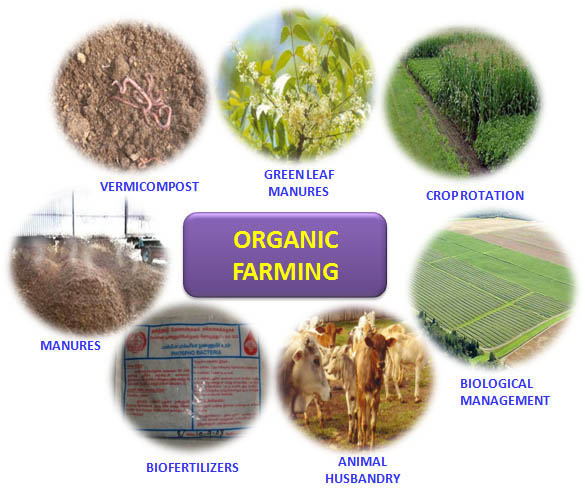
Cultivating Nature: The Art of Organic Farming

Cultivating Nature: The Art of Organic Farming
Organic farming is more than a method; it’s a philosophy that embraces sustainability, biodiversity, and environmental stewardship. In this exploration, we’ll delve into the world of organic farming, understanding its principles, benefits, and the transformative impact it holds for both agriculture and the planet.
The Essence of Organic Farming
At its essence, organic farming is a holistic approach to agriculture that prioritizes natural processes and avoids synthetic inputs. This method emphasizes soil health, biodiversity, and ecological balance, seeking to cultivate crops in harmony with nature rather than relying on chemical interventions. The goal is not just to grow food but to cultivate a sustainable and regenerative system.
Building Healthy Soils
A cornerstone of organic farming is the focus on building and maintaining healthy soils. Through practices like composting, cover cropping, and crop rotation, organic farmers nurture the soil’s structure and fertility. Healthy soils contribute to better water retention, reduced erosion, and increased microbial activity, fostering a resilient and thriving ecosystem.
Avoidance of Synthetic Chemicals
Unlike conventional farming, which often relies on synthetic pesticides and fertilizers, organic farming prohibits the use of these chemicals. Instead, organic farmers employ natural alternatives like beneficial insects, companion